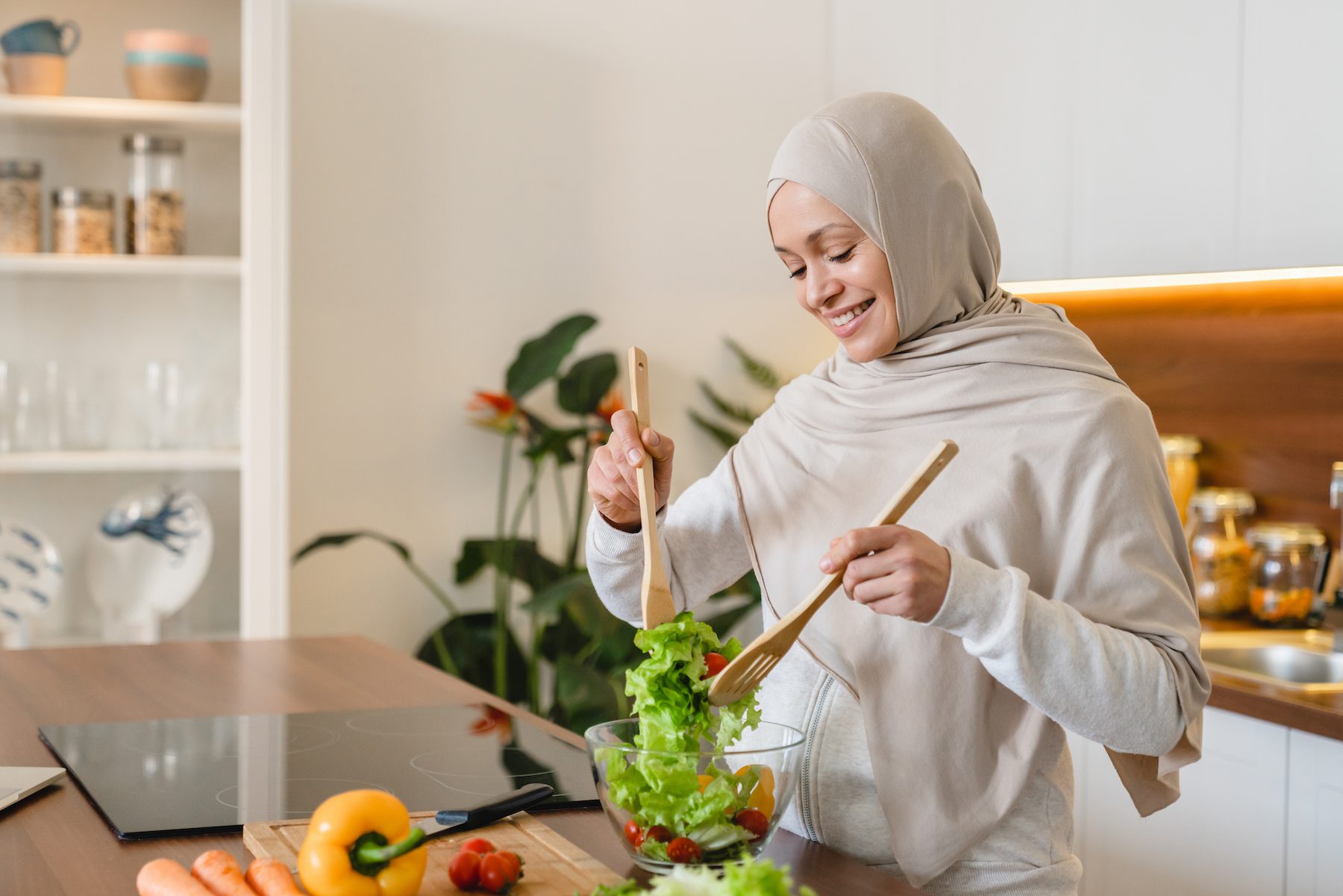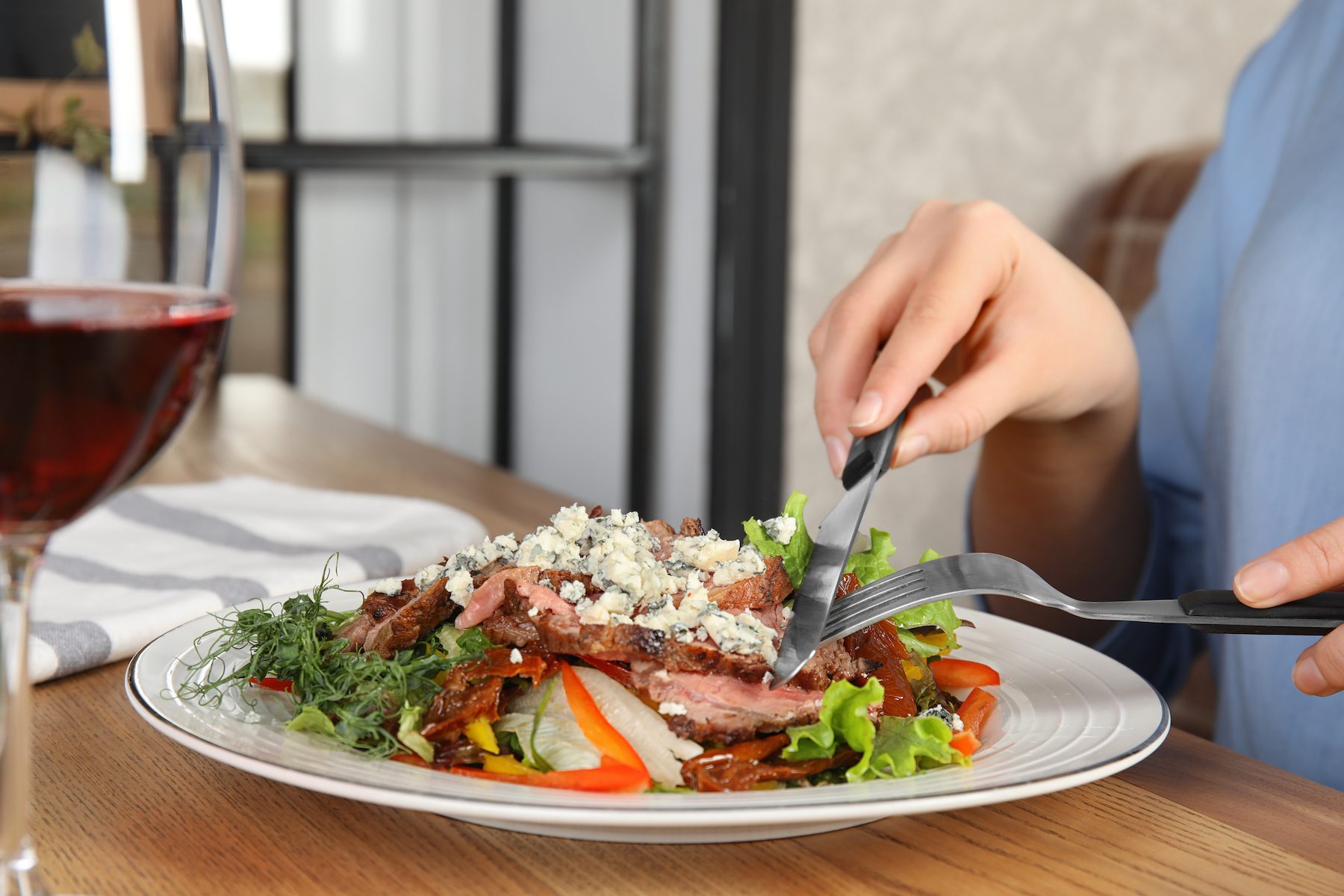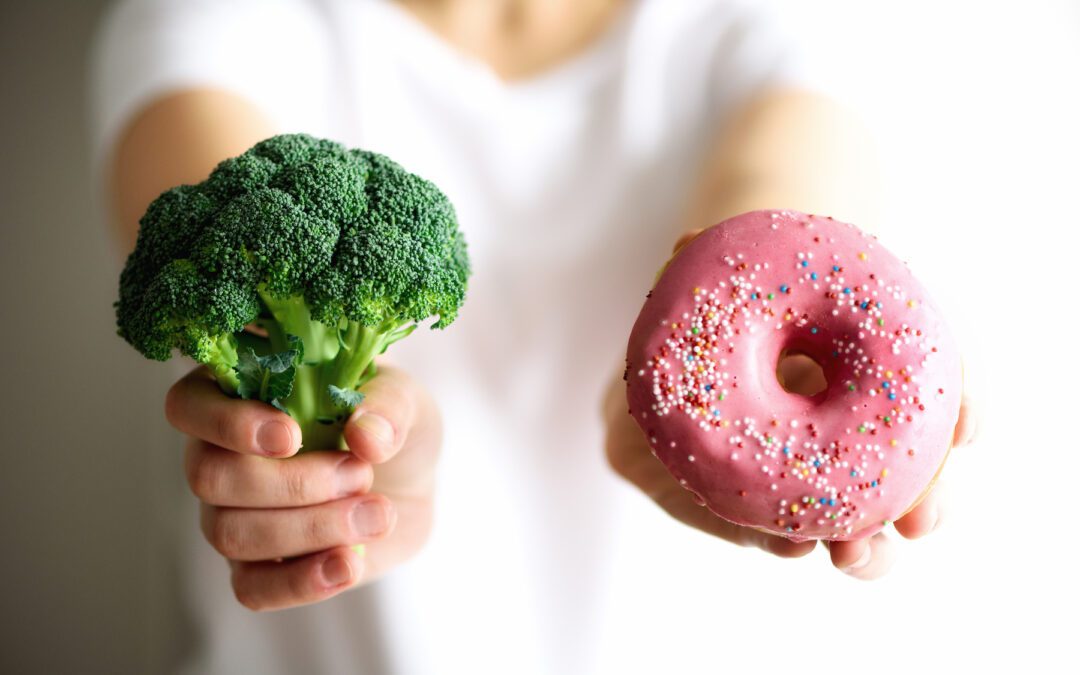Have you ever stopped and thought about the ‘rules’ you’ve set for yourself around food?
Maybe it’s there’s something you’ve deemed you can only eat on certain days, or between certain times. Or maybe you’ve decided you won’t eat a particular food because it’s ‘bad’ for you.
We spoke to Lysn psychologist, Nancy Sokarno, to discuss how we even create food rules and when they can become damaging your health.
Trigger warning: mention of disordered eating. If you need support, call the Butterfly Foundation on 1800 334 673 or visit their website to chat online. You can also contact Lifeline, 24/7 by calling 13 11 14.

Table of Contents
So what are food rules exactly?
In short, the term food rules refers to limitations around what a person eats. It’s essentially the regulations someone might put on their eating habits, restricting what they can and can’t eat, sometimes under particular conditions like ‘only on weekends’.
What influences someone’s food rules?
So many factors! These can range from religion, dietary requirements, knowledge, personal income, hunger levels, food supply and social determinants/pressures such as peers and meal patterns.
Is it possible to unlearn old food rules, and relearn new ones?
Yes, it is possible!
Most food rules and food preferences are essentially learned behaviour. If you think about it, we all started off drinking milk, then over time, personal preferences have influenced the way we drink milk – some still drink milk, others have changed it to plant-based or opted out altogether. These are all choices we’ve made and behaviour we’ve learned along the way.
While relearning food rules, or any new habit for that matter, can take a bit of work, anyone can do it, we just need to be really mindful of our impulses and eating habits.
A great way to do this is by constantly challenging your own thinking and in turn, learning new habits. For example, you might be in the habit of choosing to eat takeaway because ‘there’s nothing in the fridge to cook’, you’re ‘too tired’, you’re ‘craving that food’ or whatever the number of thoughts around this is.
Start to recognise when your brain is coming up with these cognitions and try to challenge them, or at the very least, put some boundaries in place.
For example, make the choice to only eat take away once a week, or meal prep most of your meals so you don’t slip into old habits as easily.

When do food rules become damaging?
When the restrictions are damaging to a person’s physical health or mental health.
Sometimes these rules become all-consuming that it puts someone in a constant state of anxiety around what they consume and thus takes away any enjoyment from eating, or worse, leads to an array of eating disorders.
While it’s good to put in place some healthy eating habits, having strong restrictions or food rules in place can, unfortunately, lead to a host of toxic habits and negative perceptions for those that participate in these rules (as well as those that might be observing, particularly children).
Strict food rules or guidelines can perpetuate a lot of guilt and shame around eating, whilst also encouraging things like body discrimination/dysmorphia or disordered eating.
Are there positive food rules?
Definitely!
I think everyone should come from a place of focussing on moderation.
Understand that it is okay to have some balance in your overall diet. Try to avoid any strict restrictions like, ‘I never eat carbs’, because this can lead to other unhealthy habits, like binging to compensate or other related eating disorders.
Another great way to implement some positive food rules is by working on any perceptions you might have about food.
For example, we know that traditionally foods can be considered ‘good’ and ‘bad’, however, this type of language can be dangerous.
Take notice of the way you think and talk about food and ask yourself if you can be a little kinder. You could try swapping out the phrase ‘bad’ with ‘sometimes’. So chocolate could be a ‘sometimes’ food (meaning that it is okay sometimes and in moderation).

Where can someone go if they’re experiencing difficulty with their food rules?
Everyone’s situation is different, however, the first port of call would be to speak to your GP.
From there, your GP can recommend the best avenue for you, whether that be support groups or an expert, such as a psychologist or nutritionist that can assist you.
For anyone experiencing difficulty with their relationship with food, speaking to a psychologist can help. Services like Lysn provide access to psychologists via video chat which can be accessed from the comfort of your own home at a time that suits you.
Nancy Sokarno is a psychologist at Lysn. Lysn is a digital mental health company with world class wellbeing technology which helps people find their best-fit professional psychologist whilst being able to access online tools to improve their mental health.

